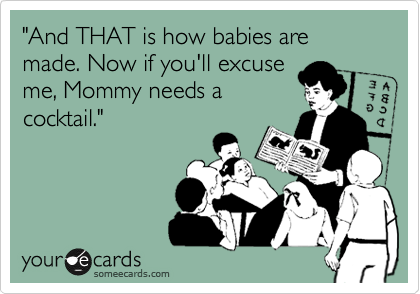What does being brave and courageous mean? Why is it important for kids to be courageous?
A bold child is more likely to withstand negative peer pressure, say no to temptations that run counter to your family’s values and fight the good fight. Courage also has surprise benefits: It boosts kids’ resilience, confidence and willpower as well as their learning, performance and school engagement.
It's the small acts like standing up for a friend, inviting someone over or climbing that tree higher than before that will teach our kids courage. If we take over and do it for them or stop them, how will they learn?
Stepping into the unknown by doing something you are nervous about will show your kids that it can be done and even if it fails, it shows you survive and move on.
Positive self talk is an important part, think ' I can do this' or 'I am brave' whilst doing it or before also helps. Show them how and why this helps.
As Matt Damon, in the film 'We bought a zoo' , told his teenage son who was scared to ask this special girl out; “You know, sometimes all you need is 20 seconds of insane courage – just literally 20 seconds of just embarrassing bravery – and I promise you that something great will come of it.”
Our kids might need a bit of a push to do this at times but what they learn and how they grow in confidence by doing it makes it all worth while!











